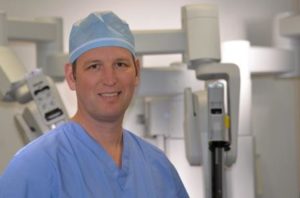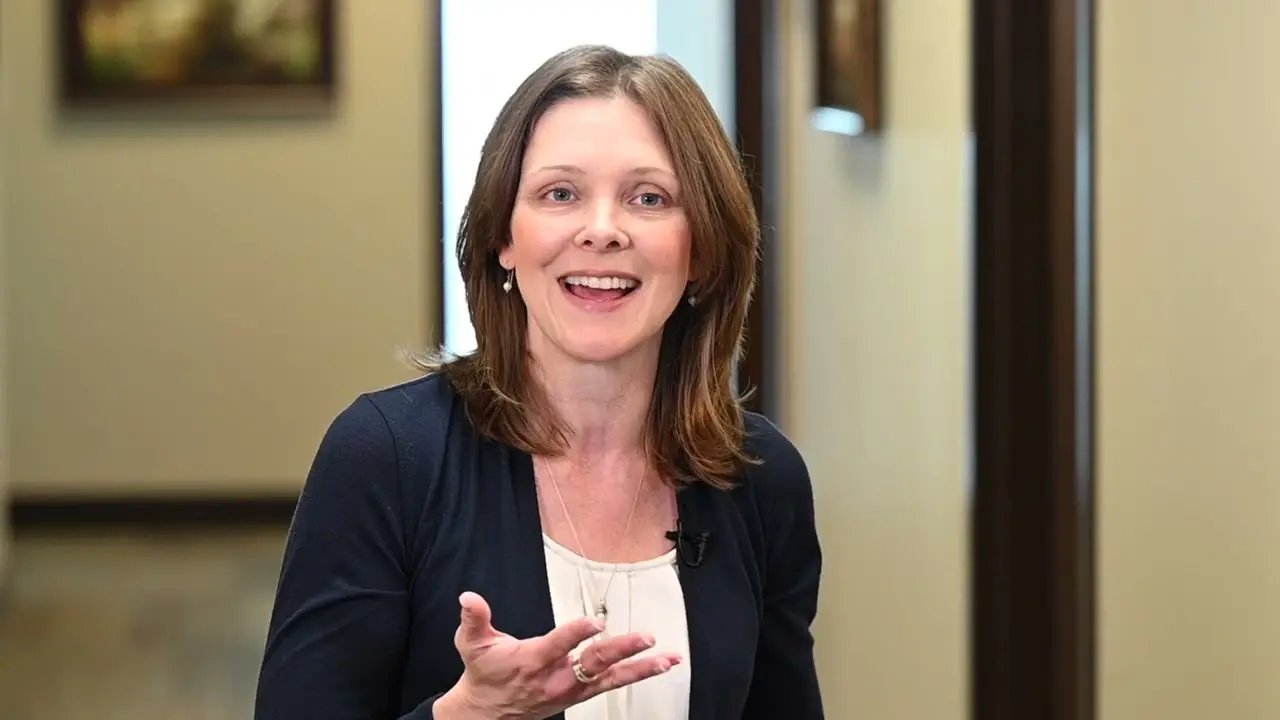
Our Austin fertility doctors caution women about a very rare-but-serious condition known as uterine leiomyosarcoma, a potentially cancerous “fibroid”

Leiomyosarcoma of the uterus is an extremely rare form of cancerous fibroid that can often present just like a uterine fibroid. Whereas fibroids affect women of all reproductive ages, leiomyosarcomas typically present in a woman’s 50s and 60s. As with fibroids, research suggests that estrogen may play a key role in the development of uterine leiomyosarcoma. While they are sometimes called cancerous fibroids, these tumors are really solid tissue tumors called sarcomas, not fibroids.
It’s important to note that, even though they sound similar, benign fibroid tumors (or “leiomyomas”) are quite different from leiomyosarcomas.
Fibroids are quite common; 25% of Caucasian women, 40% of Hispanic women, and up to 50% of African American women have clinically significant (i.e. symptom causing) fibroids. Research suggests that leiomyosarcomas are found in somewhere between 1 in 372 to 1 in 40,000 fibroids.
Overall, they are thought to affect only six in one million women. Our Austin fertility doctors regularly counsel patients who are referred to see us for treatment of their fibroids about the many differences between leiomyomas and leiomyosarcomas.
Most uterine leiomyosarcomas are found by chance during hysterectomy surgery to remove fibroid tumors.
Only rarely is a leimyosarcoma found during a myomectomy, fibroid removal surgery. Our Austin fertility doctors work with women in their reproductive years – usually long before the riskiest age for uterine sarcomas. Nevertheless, they continue to raise awareness about this life-threatening disease, encouraging women to pay attention to the symptoms of uterine sarcomas:
- Bleeding between periods or after menopause
- A mass developing in the lower abdomen
- Increasingly severe menstrual cramps
- Pelvic pain or pressure
A leiomyosarcoma may cause symptoms indistinguishable from those of a fibroid, ranging from mild to very significant, depending on its size and location within in the uterus.
Uterine leiomyosarcoma is an aggressive form of cancer that is difficult to treat.
It unfortunately may often have a poor prognosis, especially once it invades other organs outside of the uterus.The cause of this rare condition is unknown. The location, size, mitotic rate and histologic grade of the tumor—and whether or not the tumor has spread (metastasized), will determine the staging, treatment course and prognosis. The staging ranges from low to high risk: Ia, Ib, IIa, IIb or III.
Patients with leiomyosarcoma are typically treated by a gynecologic oncologist, who will order a CT scan and/or MRI and PET scan to assess the pelvic area and biopsy the tumor. Patients will likely require surgical resection of the tumor as well as radiation and chemotherapy.
Contact our Austin fertility doctors if you are concerned about a pelvic mass or have abnormal vaginal bleeding, pelvic pressure, or an enlarging pelvic mass. Although the vast majority of patients with these symptoms will have benign, easily treatable conditions, we can make an appropriate diagnosis and, if necessary, recommend a gynecologic oncologist for further treatment.













